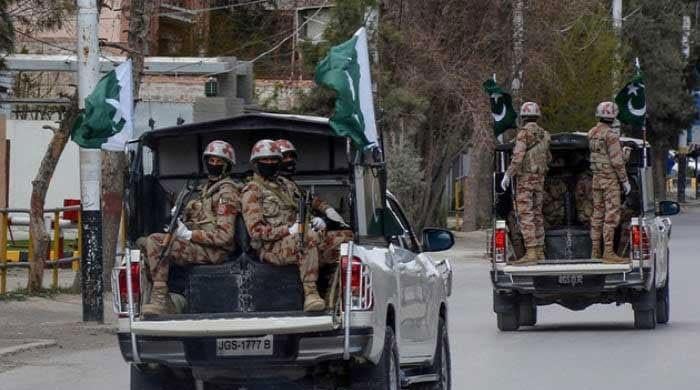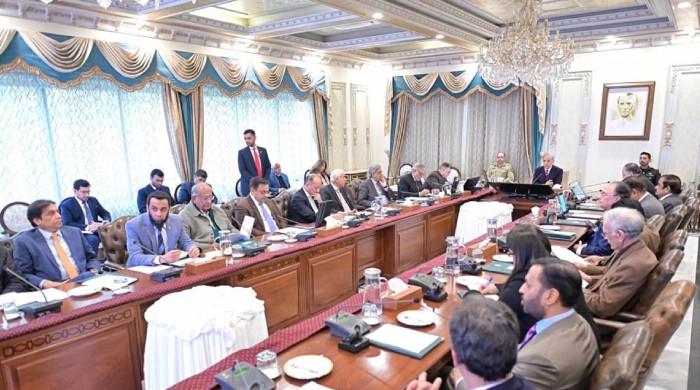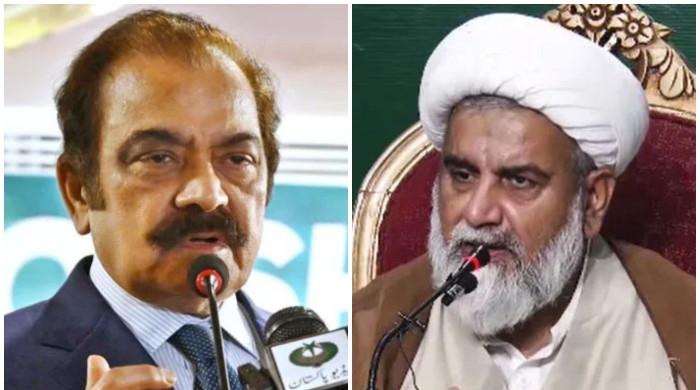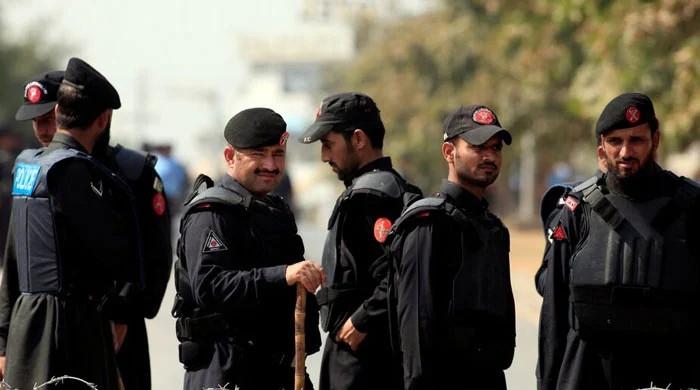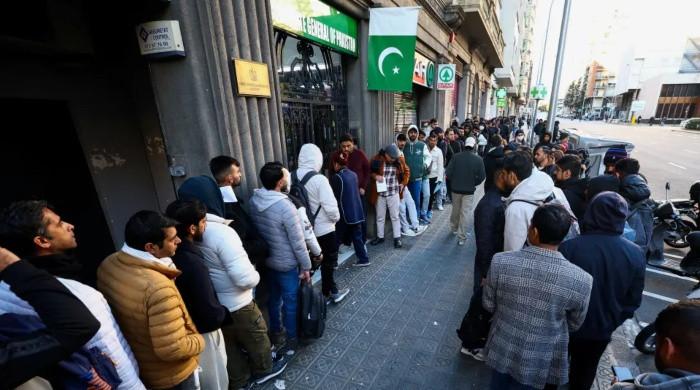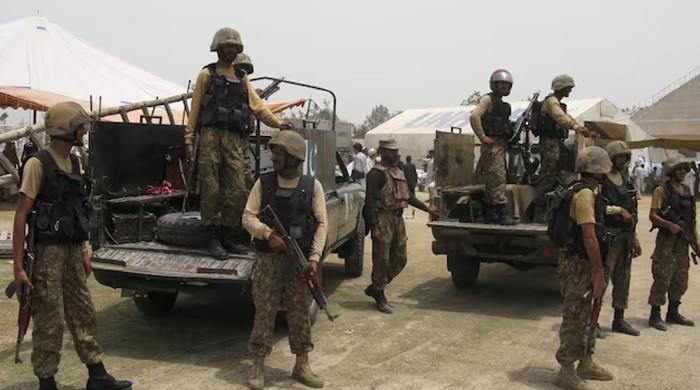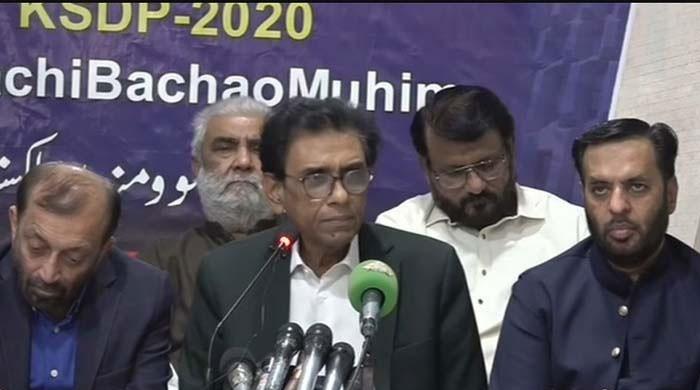Pakistan extends airspace ban on Indian airlines till Oct 23
Restriction bars Indian commercial airlines, registered aircraft, military flights from entering Pakistani airspace
September 19, 2025
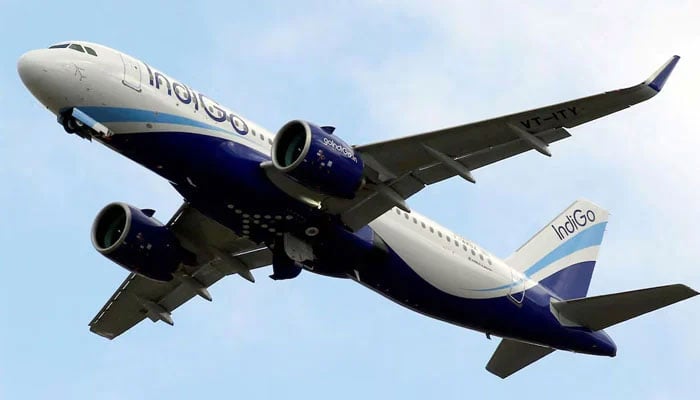
- No Indian airlines allowed to enter Pakistan airspace.
- Pakistan first imposed airspace ban on April 24.
- Latest extension brings total duration to 210 days.
ISLAMABAD: Pakistan has extended its airspace ban for all Indian-registered and Indian-operated aircraft, including military planes, for another month, the Pakistan Airports Authority (PAA) said on Friday.
According to a new NOTAM (Notice to Airmen), the restriction bars Indian commercial airlines, India-registered aircraft, and military flights from entering Pakistani airspace.
Pakistan closed its airspace for Indian airlines in a tit-for-tat move after New Delhi suspended the critical Indus Water Treaty amid heightened bilateral tensions following the deadly Pahalgam attack in Indian Illegally Occupied Jammu and Kashmir (IIOJK).
Following Pakistan's decision, India shut its airspace to Pakistani airlines on April 30. Pakistan's initial restriction was extended on May 23 for another month.
The latest extension brings the total duration of Pakistan’s airspace closure for Indian aircraft to 210 days.
On May 6-7, India launched unprovoked attacks on multiple Pakistani cities.
In response, Pakistan's armed forces launched a large-scale retaliatory military action, named "Operation Bunyan-um-Marsoos", and targeted several Indian military targets across multiple regions.
The strikes, described by officials as "precise and proportionate", were carried out in response to India's continued aggression across the Line of Control (LoC) and within Pakistan's territory, which New Delhi claimed were aimed at "terrorist targets".
Pakistan downed its six fighter jets, including three Rafale, and dozens of drones. After at least 87 hours, the war between the two nuclear-armed nations ended on May 10 with a ceasefire agreement brokered by the United States.
While India's aviation industry has faced heavy losses, the impact on Pakistani aviation has been minimal.
This is not the first time Pakistan has imposed such restrictions. Airspace closures were previously enacted during the 1999 Kargil conflict and the 2019 Pulwama crisis, both instances in which India faced greater aviation disruptions than Pakistan.




